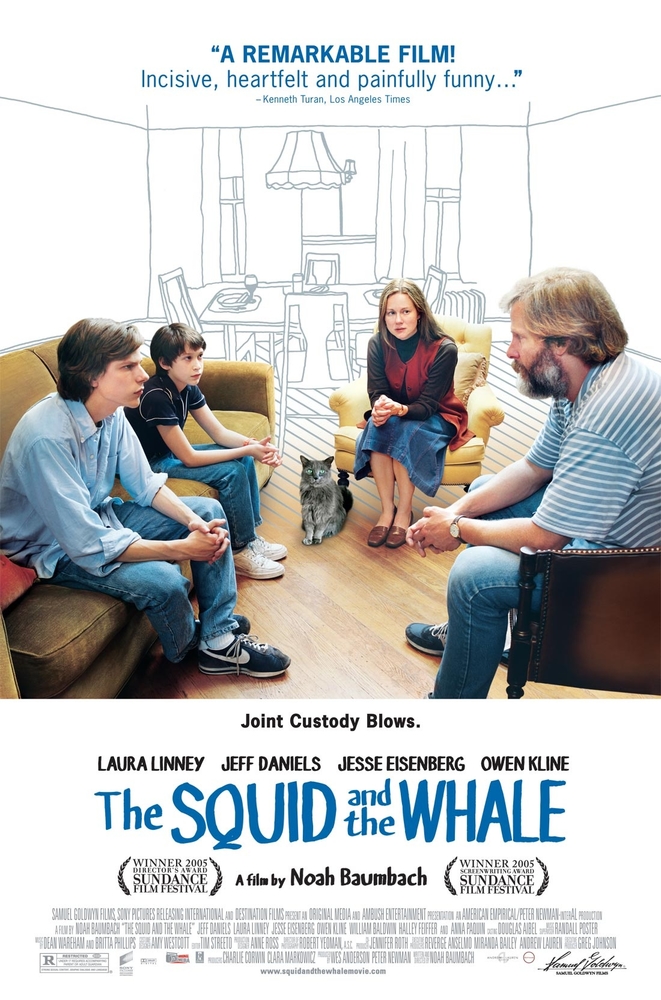
This should not be/remain a local story. There will be many more Kim Morissons soon, across “red” America, while many others will self-censure. Students, schools and whole country will suffer. 🧵
news-leader.com/story/news/edu…
news-leader.com/story/news/edu…
My state, Georgia, just passed an “anti-CRT” law. Obviously, it is not about Critical Race Theory, it is about racism. More specifically, it is about limiting “racism” to a very specific, personal, ideology, overtly expressed and supported by just a minority of Americans.
The sentiment is perfectly captured in this banner: “Don’t Make Me Into A Racist”.
The assumption is not just, “I” am not racist but that racism is not a real problem (ie limited to a few stereotypical “baddies” everyone can agree on denouncing).
The assumption is not just, “I” am not racist but that racism is not a real problem (ie limited to a few stereotypical “baddies” everyone can agree on denouncing).

It’s a similar logic as Trump as his supporters had on COVID-19: if you don’t talk about it, it doesn’t exist. Or, said differently, you create it by talking about it.
Sidepoint: quite a postmodern position!
voanews.com/a/covid-19-pan…
Sidepoint: quite a postmodern position!
voanews.com/a/covid-19-pan…
It is not just strategic. It is also a consequence of decades of ignoring institutional racism, reducing racism to far right stereotype, and talking about the US as “post-racial” (which many liberals did as well, particularly under Obama). Many actually believe it!
Again, it is important to stress that many liberals have long supported key underlying assumptions and still do with their fight against “identity politics”.
Anyway, back to the issue at hand. In many states, like Georgia, school teachers will have to talk about US history and contemporary US without talking about institutional racism, white (and other) privilege, and even structural racial inequalities.
This in a country where every so many months a Black man is killed by the police, leading to demonstrations and private and public discussions.
I’m thinking about the wonderful teachers at my oldest son’s school, many Black, teaching to diverse classes, some 30-40% Black, kids who will hear about these things at home but not at school.
Of course, many teachers will continue to teach “properly” and I assume most will not be fired (much depends on parents and the far right outrage industry). Still, it is risky and why take the risk and add pressure to an already underpaid and undersupported job.
So, many are going to quit, adding to an even bigger teacher shortage than many (red) states already face.
usatoday.com/story/news/edu…
usatoday.com/story/news/edu…
Presumably, many of the better-qualified teachers will leave and will be replaced by (even) lesser-qualified teachers. And quality of teachers in US is already low.
usatoday.com/story/news/edu…
usatoday.com/story/news/edu…
Many more will self-censure, stay away from “controversial” topics, which means almost everything related to gender, race, sexuality!
This will create even more frustration and stress, leading to even more burnout and resignations.
Can’t blame them.
cnn.com/2022/02/05/us/…
This will create even more frustration and stress, leading to even more burnout and resignations.
Can’t blame them.
cnn.com/2022/02/05/us/…
Let me end with a personal reflection.
I am among the most privileged in the US education system: I am a tenured full professor with an international reputation (ie moveable) as well as an older, straight, white man. Only “weak spots” are, I’m an atheist and non-citizen.
I am among the most privileged in the US education system: I am a tenured full professor with an international reputation (ie moveable) as well as an older, straight, white man. Only “weak spots” are, I’m an atheist and non-citizen.
The past years I have been acutely aware that I not only teach far right students, I sometimes teach far right activists, who deny their own prejudices, and hold similar ideas as majority of state legislature and Board of Regents of university system.
This has made me (much) more careful in what I say and how I say it. I think this is in itself not bad. We tend to make too broad and too strong statements about the far right (“fascism”) because we often preach to the choir.
But I spend a growing amount of energy on thinking what to say, what I said, whether I am not accommodating enough or whether I am too accommodating.
Interestingly, most of my (far right) students seem completely on board with the discussions and qualifications of the far right in Europe. It is only on the US that they are defensive — few speak out in class though, as the victim complex is too powerful.
I even have students who make arguments and statements that seems to come straight from far right memes, in my far right class (!). Not just at the beginning, also at the end — so much for “indoctrination”.
Of course I can correct them, or at least point out that they are parroting far right memes, but to what effect? Clearly they won’t change. And I might end up on Fox News or some “watchlist”.
I have taught “Far Right Politics” since I was in grad school. Obviously, for US, it has never been more relevant. And yet, I have fewer students than almost ever before. All my other courses had (far) more students.
Moreover, over the past years, I’ve had more far right students or students supporting far right candidates (including being on the campaign or interning with them). And the legislature and BoR have further radicalized too.
Clearly, I am not a fighter but a writer. At times, I am even considering not teaching “far right politics” anymore. Too depressing, frustrating, stressful, and tiring.
That is why I am so grateful and in awe of the many teachers, often women and people of color, who continue to give their all for “their” children, having far less privilege than I have, and showing much more heart and courage. They deserve so much better from us. ❤️ #TheEnd
• • •
Missing some Tweet in this thread? You can try to
force a refresh









